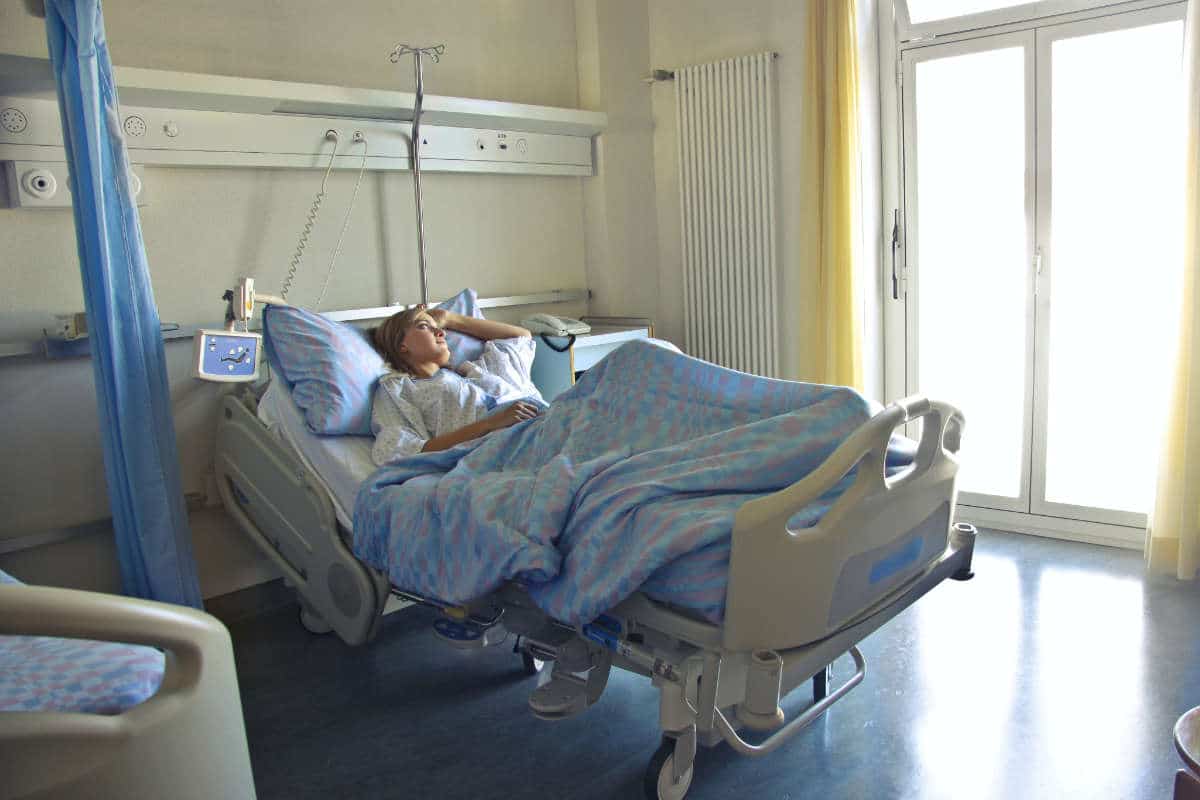It means that the delta variant is considerably more dangerous for unvaccinated people than the alpha (British) variant.
Meanwhile, the original coronavirus has mutated several times. At the moment, the delta variant in particular is on the rise. According to the RIVM, it is expected that it will have supplanted the alpha variant (British variant) as the dominant virus variant in the Netherlands by the summer. But how dangerous is this mutated virus really? Researchers figured it out.
Deltavariant
The first infection with the delta variant of the coronavirus was reported in India. Early studies quickly showed that this variant is highly contagious. For example, it is said to be as much as 50 percent more contagious than the alpha variant, which was first identified in the United Kingdom and had already conquered the world before.
study
In the largest study to date, researchers analyzed more than 40,000 corona patients who contracted COVID-19 in England between March 29 and May 23. The team studied their vaccination status, emergency room visits, hospitalizations and demographics, among other things. In addition, the team determined for each participant in the study which corona variant had caused the infection.
Alfavariant
At the start of the study period, most people were still infected with the alpha variant. For example, 34,656 people (80 percent) were found to have this mutated coronavirus among its members, compared to 8,682 people (20 percent) who had contracted the delta variant. However, the number of infections with the latter increased steadily during the period, reaching as much as 65 percent in May. At that point, the delta variant had overtaken the alpha variant as the most dominant in England.
Hospitalization
The big question is, of course, how dangerous the delta variant exactly is. And the researchers discover that it is a lot more dangerous than the alpha variant. People who have become infected with the delta variant are twice as likely to have to be hospitalized. The delta variant therefore doubles the chance of hospitalization. About one in 50 patients in the study was hospitalized within 14 days of the positive test result. “This study confirms previous findings that people infected with delta are significantly more likely to be hospitalized than people with alpha,” concluded study researcher Gavin Dabrera.
Unvaccinated
This is especially true for unvaccinated people. Several studies have since shown that full vaccination rigorously reduces both symptoms and the risk of hospitalization. This applies to both the alpha and the delta variant. Also in the current study, the researchers find that only 1.8 percent of the participants had received both doses of the vaccine. However, 74 percent of the people appeared not yet vaccinated, 24 percent partially.
As this research also shows, people who have been vaccinated can still get COVID-19, something called a breakthrough infection is called. How is that possible? There is still a risk of infection, as no vaccine offers 100 percent protection. Vaccination is therefore not the same as immunization. The prominent purpose of vaccination is to protect the individual from symptomatic, serious manifestations of disease and not from the infection per se. However, the chance that you will get corona is a lot smaller and breakthrough infections are less serious than if someone who has not been vaccinated gets corona. –
“We already know that vaccination also protects against the delta variant,” says Dabrera. “As this variant is responsible for more than 98 percent of COVID-19 cases in the UK, it is vital that those who have not yet received two doses get a shot as soon as possible.”
The research, published in The Lancet, shows that the delta variant is therefore not only a lot more contagious, but also more dangerous than the alpha variant. In addition, the researchers emphasize the importance of vaccination. “Our analysis shows that a delta outbreak without vaccines will put a greater burden on health care than an alpha epidemic,” said researcher Anne Presanis. “Getting fully vaccinated is therefore critical to minimizing the risk of symptoms. And, more importantly, to avoid hospitalization of a delta patient with serious complaints.”
–
–


